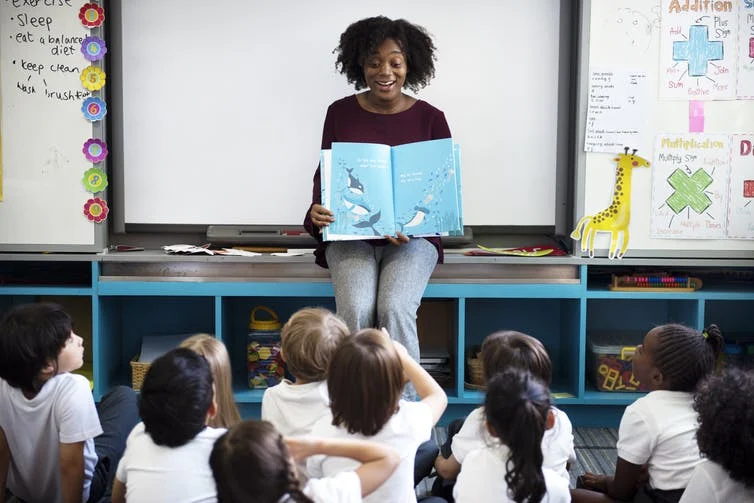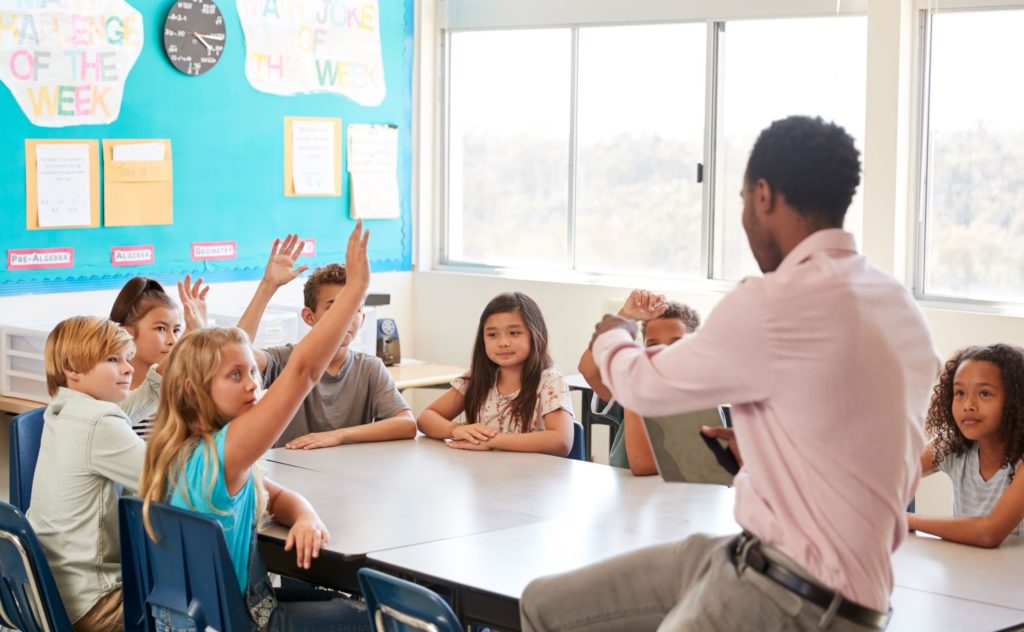In the ever-evolving landscape of education, it can be difficult for teachers and instructional coaches to prioritize what areas to focus on improving first. In this post, we’ll explore the five teacher essentials that every teacher needs in order to be successful with their students. Whether you’re a seasoned educator or just starting your journey, these fundamentals will help you…
5 Engaging Ways to Start a Lesson
Do you find it difficult to transition your students from one lesson to the next? Or to gain their attention back when they return from a break? Many teachers just jump right into the lesson by stating the objective and beginning their teaching. However, it’s important to “hook” the student’s attention before you begin teaching the content. This makes them…
How to Support and Measure Teacher Growth
Why is there teacher growth in some environments and not others? I’ve spent almost two decades working in education and various types of schools. I was a teacher and now I train teachers. I’ve seen schools where teachers are growing rapidly, transforming their teaching methods and student learning. I’ve also seen schools where teachers are stagnant and complacent. What makes…
Encourage Positive Behavior With A Classroom VIP
Every teacher needs some form of classroom management strategy. I usually utilize several throughout an academic year as I have found that after a few months students often loose interest and the classroom management strategy becomes less effective. When this happens, I introduce something new. Here is one of my favorite ways to encourage positive behavior in the classroom- designating…
Promoting High Expectations in Your Class
Setting high expectations for students is a cornerstone of effective teaching and a key driver of student success. When teachers set high standards for their students, they send a powerful message that they believe in their students’ abilities to achieve great things. This belief can motivate students to push themselves beyond their perceived limits, leading to increased academic achievement, improved…
Process For Supporting New Teachers
The first year or two of a new teacher’s career is extremely stressful and can be overwhelming. The support these new teachers receive can often determine whether or not they remain in the field of education. One way we can support new teachers is through onboarding. One of the duties for administrators, specifically instructional coaches, is onboarding new staff to…
Helping Teachers Reflect With 4 Simple Strategies
Helping teachers reflect on their practice can be challenging. As a coach, your relationship with the teacher is delicate. Teachers who feel attacked will not want your support, whether attacking was your intention or not. However, teachers who don’t feel challenged or can’t see areas they need to improve in, will not benefit much from your support. After a lesson,…
Build a Bird’s Nest- STEM Challenge
STEM design challenges are a wonderful way to This is such a fun activity to do with your child or students in the Spring or around Easter time. Some resources you’ll need: First, I like to start by reading a book about bird’s nests to engage students in the topic. A couple of my favorites are Birds Make Nests by…
3 Key Focus Areas to Improve Learning in Your School
More often than not, administrators and teachers try to improve learning by focusing on student test schools or tier interventions. They rarely collect data to support goals related to how teachers are teaching and the interaction between teachers and students. Data collection allows administrators, school leaders, and educational researchers to assess and evaluate the effectiveness of teaching and learning. By…
Teacher Choice in Professional Development
Professional development is essential for educators to stay current with research, best practices, and emerging trends in education. Professional development allows teachers to explore new ideas, strategies, and technologies that can enhance their teaching effectiveness and student outcomes. However, over time, results have shown that offering teacher’s some degree of choice in the topics and ways they learn new information…









